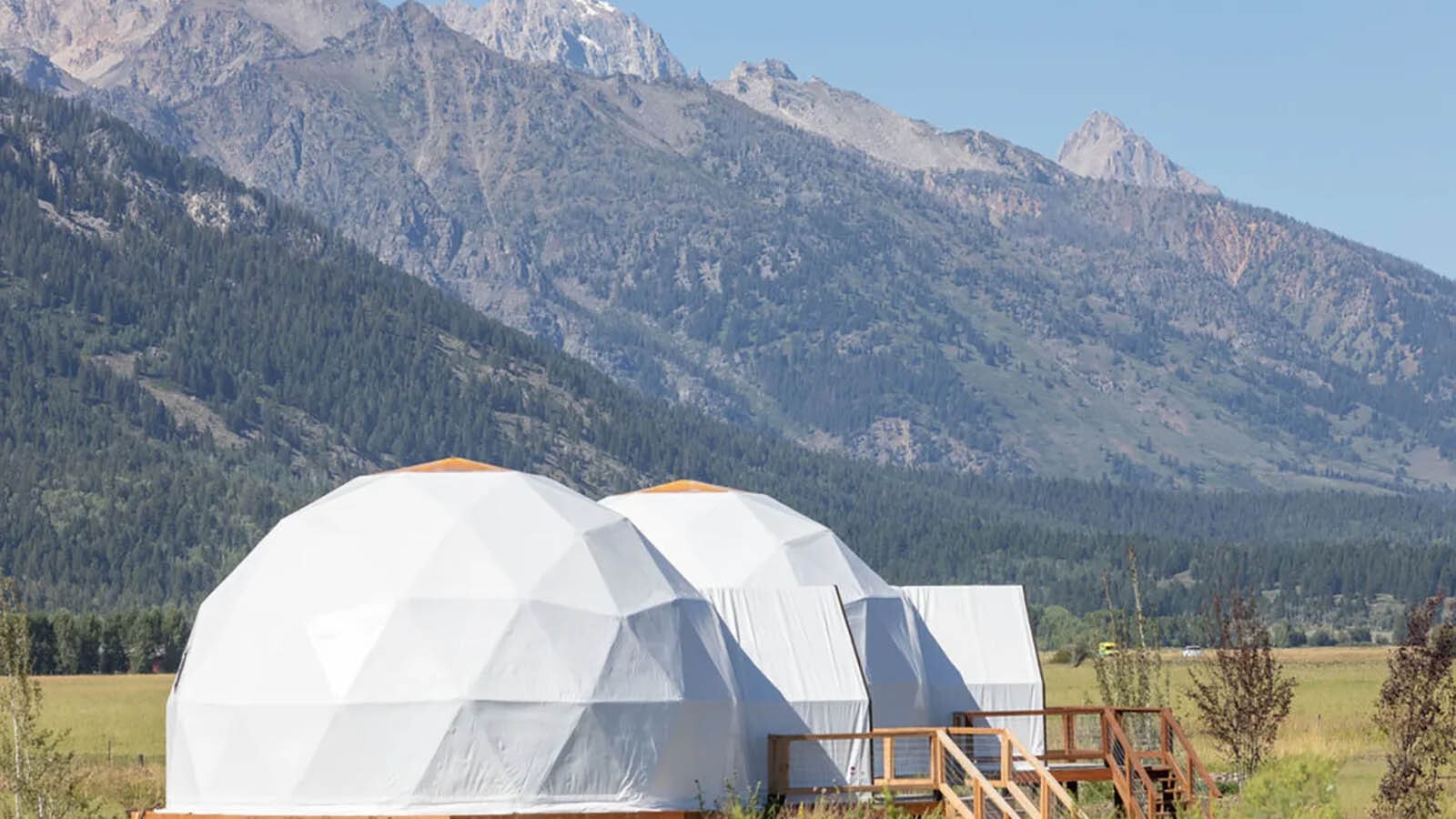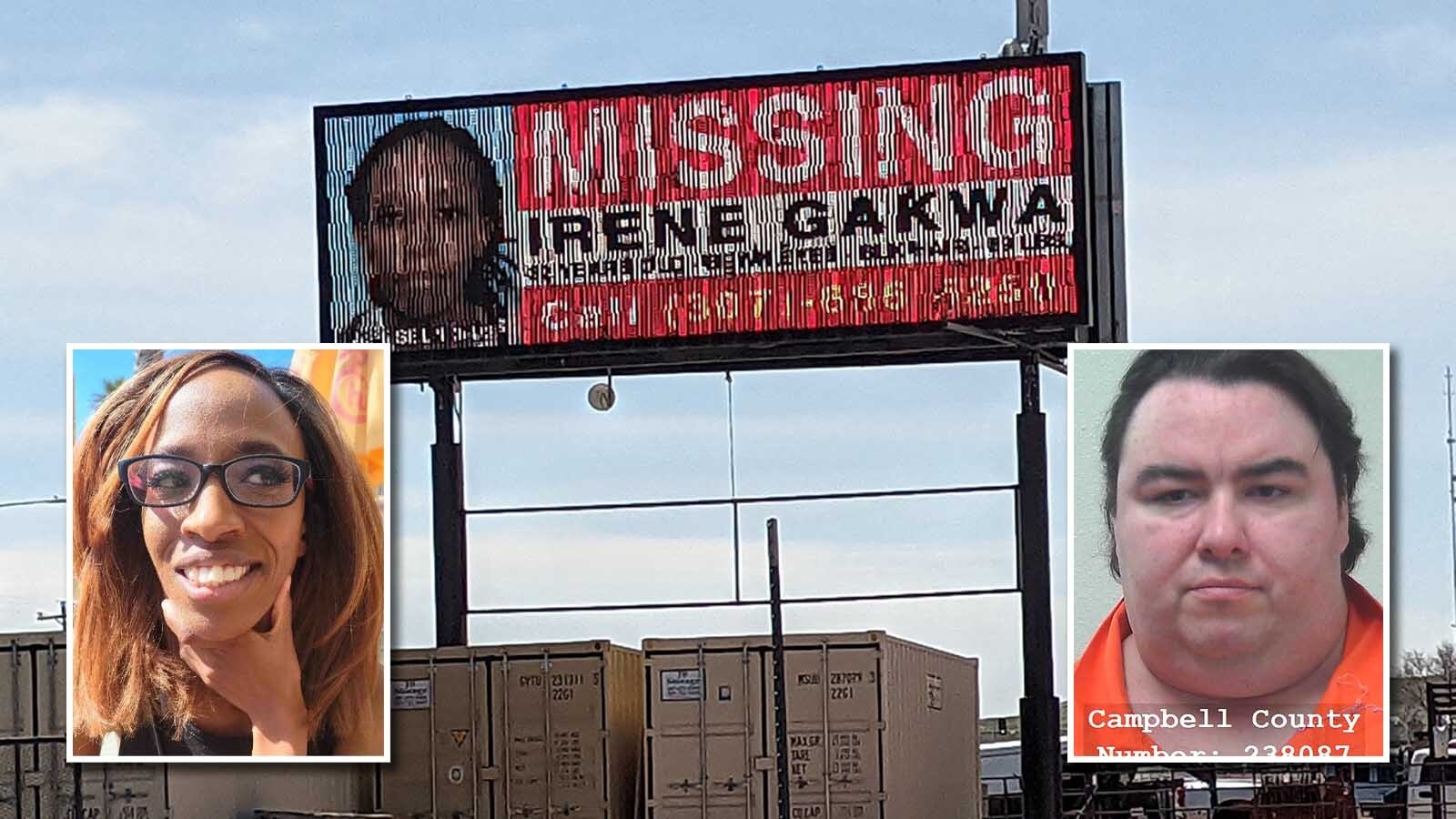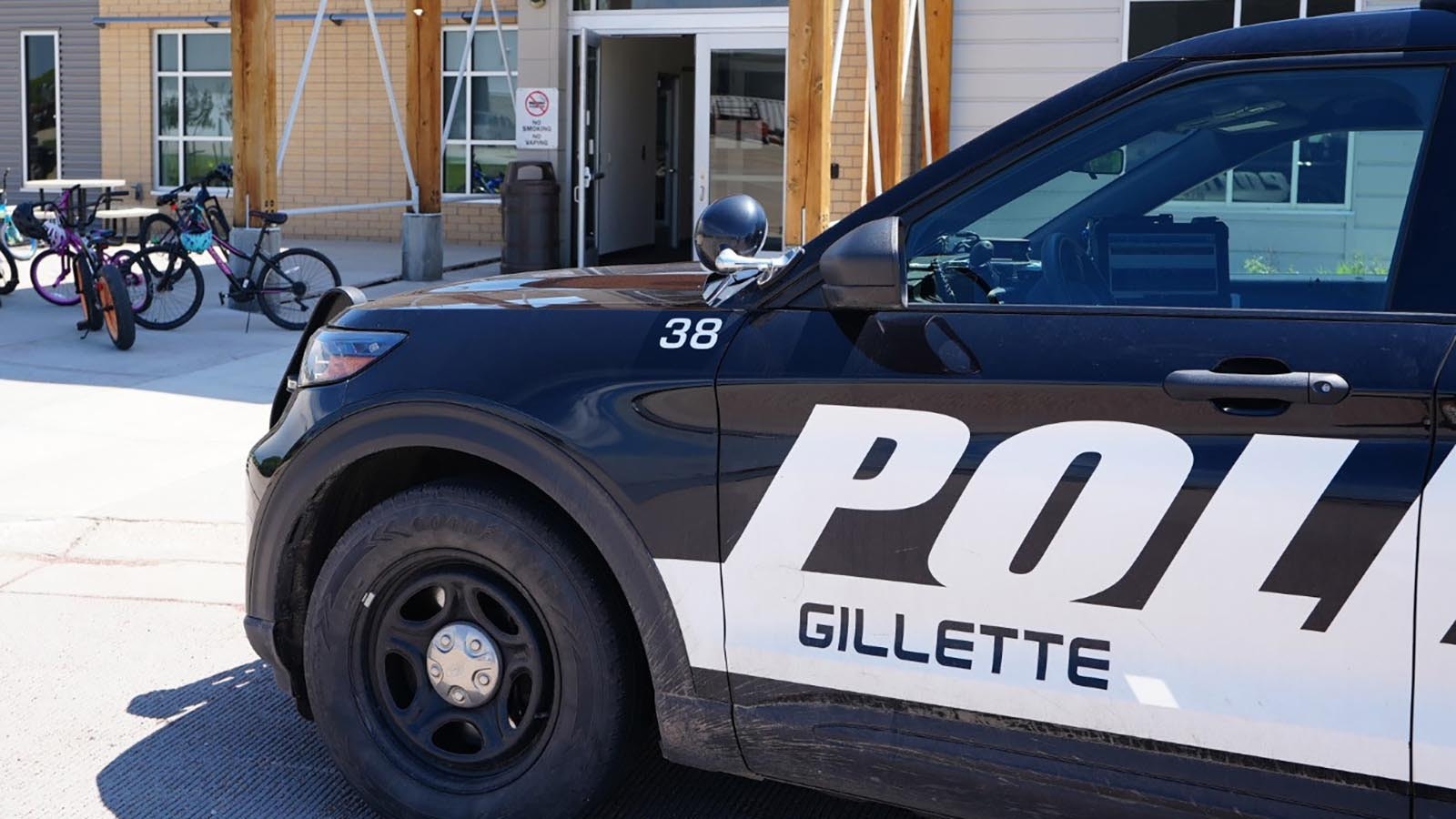A Jackson Hole nonprofit group that says it has spent about $500,000 with the goal of protecting Fish Creek in Teton County from pollution isn’t the right group to stop a Jackson Hole glamour camping business from installing a septic system under a temporary permit, the Wyoming Supreme Court ruled Monday.
Starting in 2023, Wyoming nonprofit corporation Protect Our Water Jackson Hole (POWJH) challenged the Wyoming Department of Environmental Quality and a glamor camping “glamping” business, Basecamp.
Basecamp has a glamping operation on state land in Teton County, using a temporary septic permit.
Protect Our Water Jackson Hole argued that the decision of whether to permit the waste system should fall under Teton County, not the state of Wyoming.
Acting as a district court judge, former Wyoming Supreme Court Justice Keith Kautz dismissed the water group’s lawsuit, saying the group didn’t have “standing,” or a legal right to challenge the permit.
POWJH appealed to the Wyoming Supreme Court, which in a unanimous Monday ruling sided with Kautz.
But All This Money
Protect Our Water Jackson Hole argued it had standing to wage the lawsuit because it has spent about a half-million dollars on environmental projects in the region, including:
• About $164,000 for water quality monitoring in Fish Creek between 2014 and 2022.
• About $88,000 for stakeholder involvement to improve water quality in Fish Creek between 2015 and 2019.
• About $250,000 in funding for the Teton County Water Quality Master Plan process, which includes water quality recommendations for fish creek.
The group also argued that since the DEQ had earlier transferred its authority to permit small wastewater facilities within Teton County to the county government, DEQ had no authority to grant Basecamp a septic permit.
The high court’s order grapples directly with Protect Our Water Jackson Hole’s statements about the money it has spent on environmental goals, and the group’s worry that with a septic system near the creek, those costs will go up.
These worries aren’t enough to make the courts block government actions, the ruling says. It challenges the group’s spendings as vague and their impacts hazy.
POWJH hasn’t shown that it is suffering directly and specifically from DEQ’s septic permit, says the order.
“POWJH’s allegations regarding its spending are largely conclusory,” says the ruling. “It blankly asserts that its expenditures were directed at improving Fish Creek’s water quality, but has not described any improvements that have actually resulted from its efforts.”
It’s difficult to tell just what “stakeholder involvement” means, the order continues, and just what the “Water Quality Master Plan process” is doing.
POWJH claims its supporters use Fish Creek for recreational purposes, but doesn’t identify those supporters or their special challenges from the septic permit.
For the district court judge to dismiss this case without a trial is a “drastic remedy” inviting tough scrutiny from the higher court, but it’s also not the position of the high court to let just anyone challenge any government action without showing that they’re particularly and specifically affected by it, the order concludes.
Still Thinking Here
The glamping complex is frequent fodder for court actions.
Another Wyoming Supreme Court appeal remains under advisement after it was argued in January — between the Teton County Commission and the Wyoming State Board of Land Commissioners.
In that one, retired Wyoming Supreme Court Justice Michael K. Davis had ruled, as a district court judge, that the state board could essentially go around the county’s land regulations to temporarily install the glamp, because state law allows for that. But it’s still “troubling,” Davis wrote at the time.
“It is of great concern that a state agency could be the final judge of its own actions, free of any judicial review,” wrote Davis in his order, “particularly when the county has carefully regulated the use and development of the very valuable and limited amount of private land available within its boundaries and has procedures to fairly enforce its regulations.”
Clair McFarland can be reached at clair@cowboystatedaily.com.








